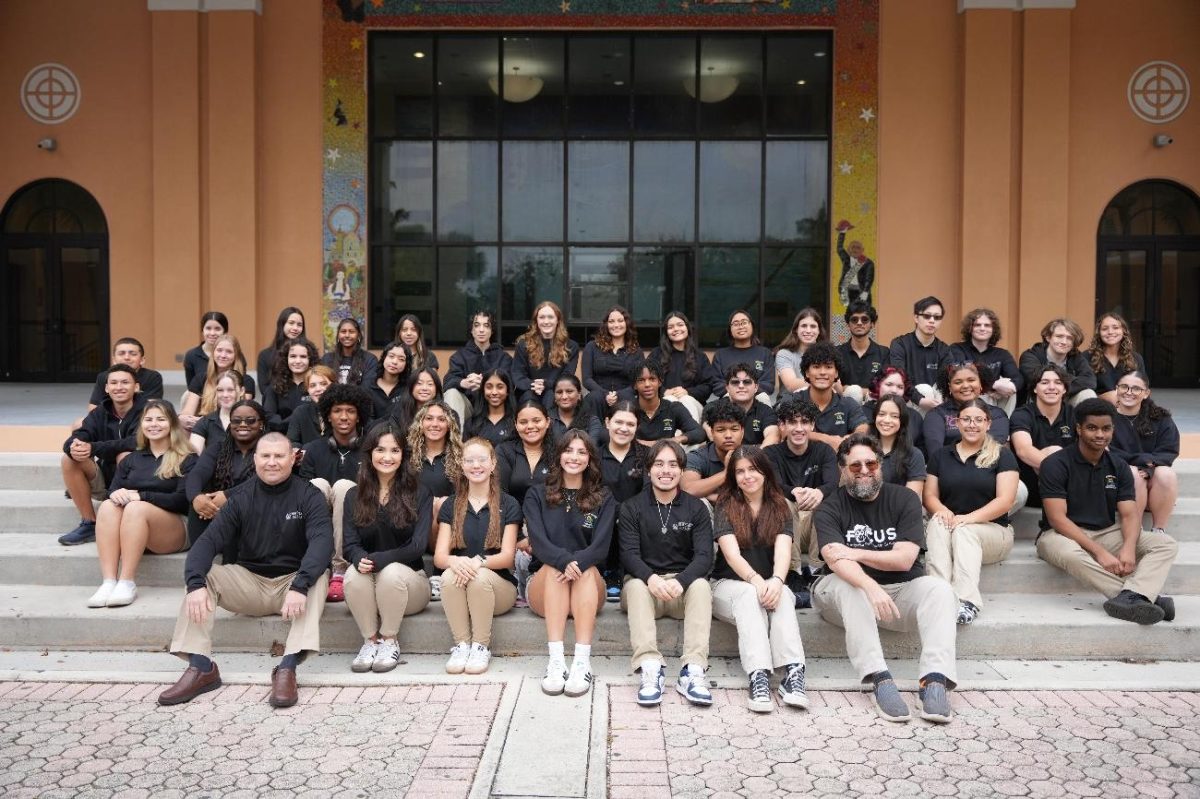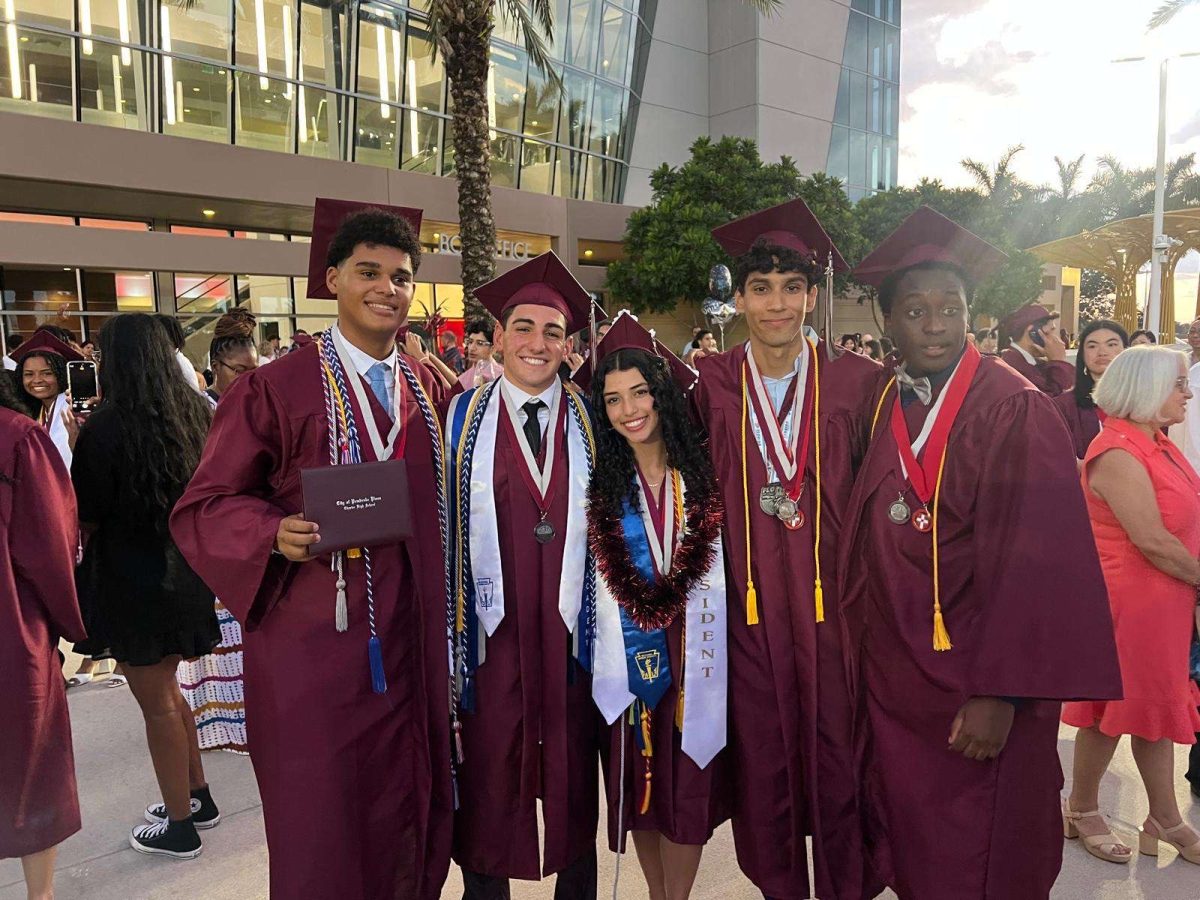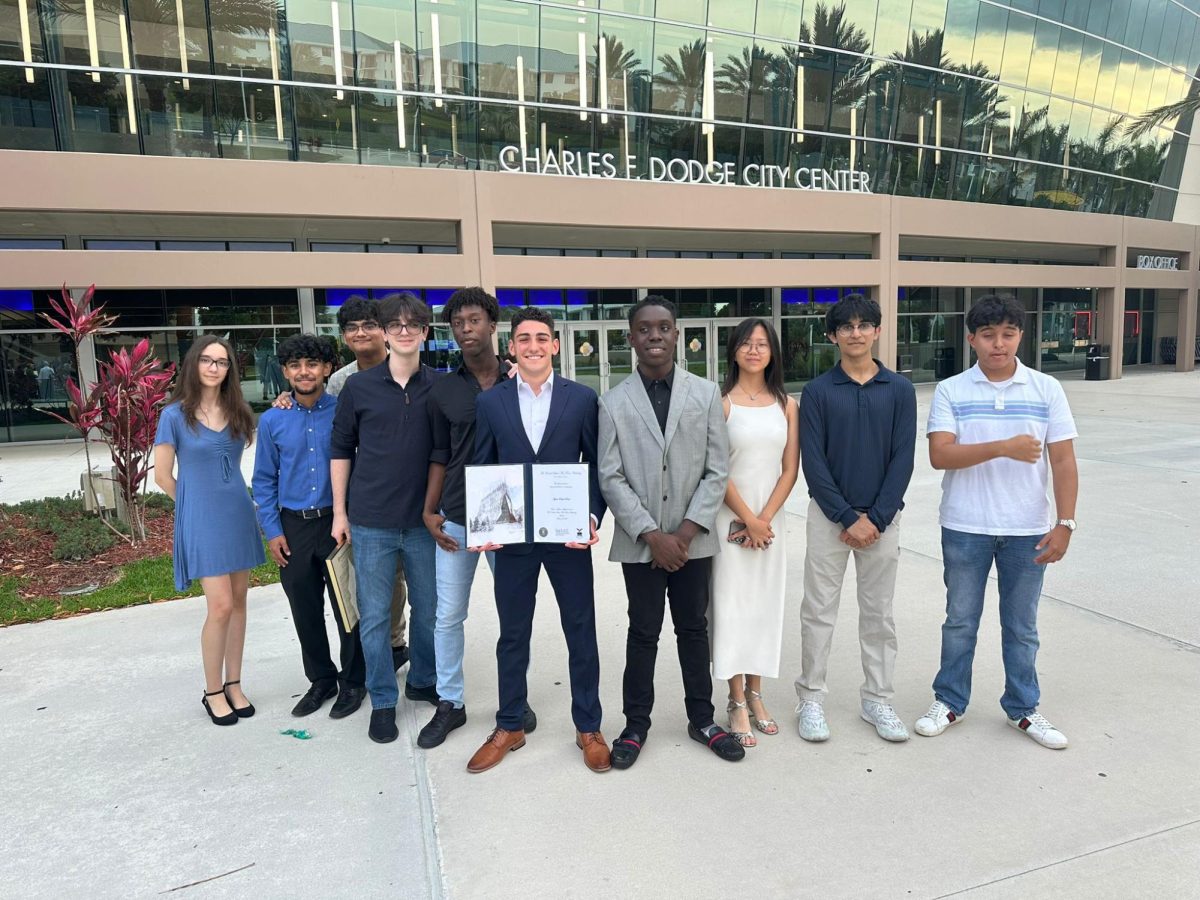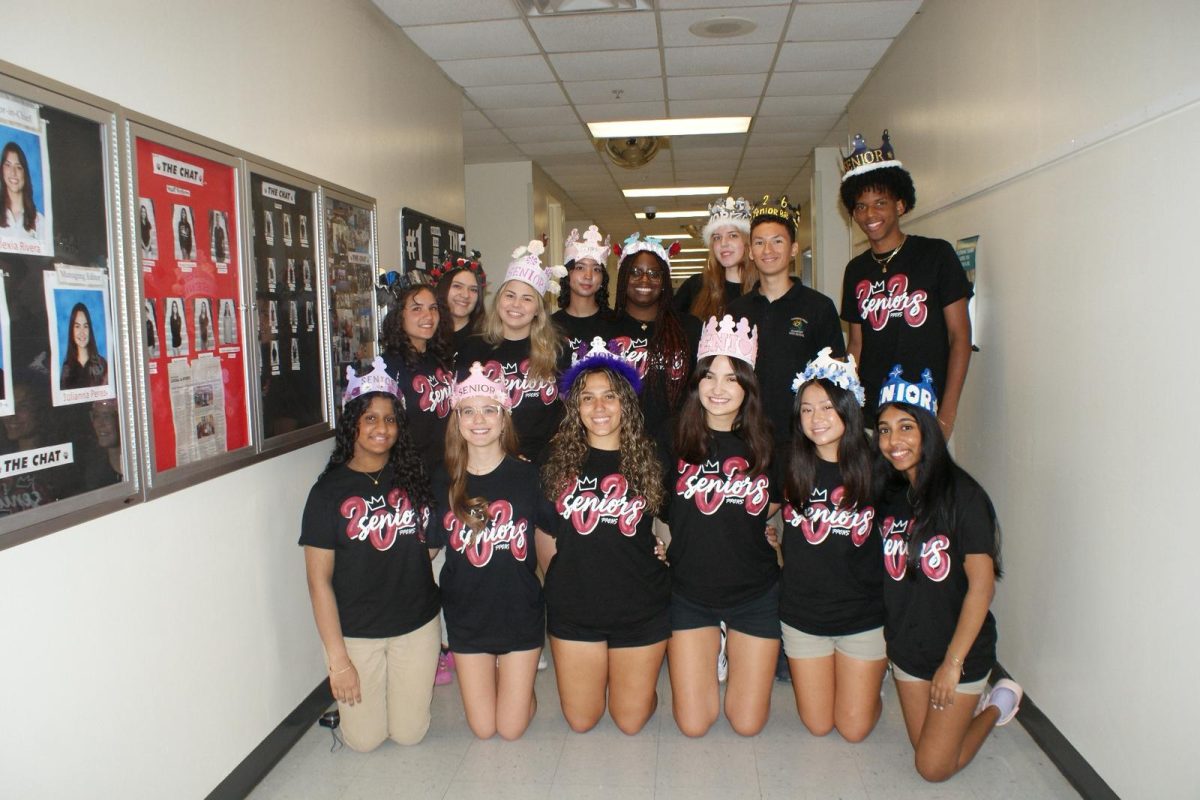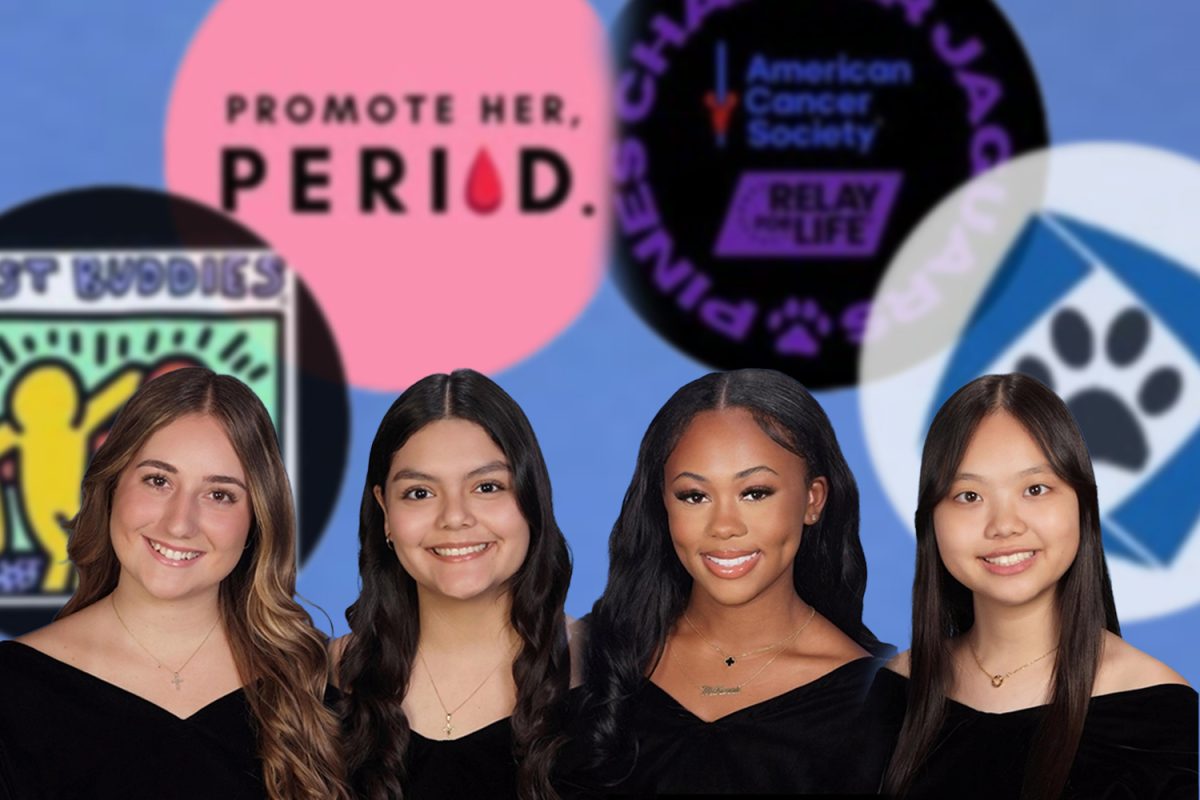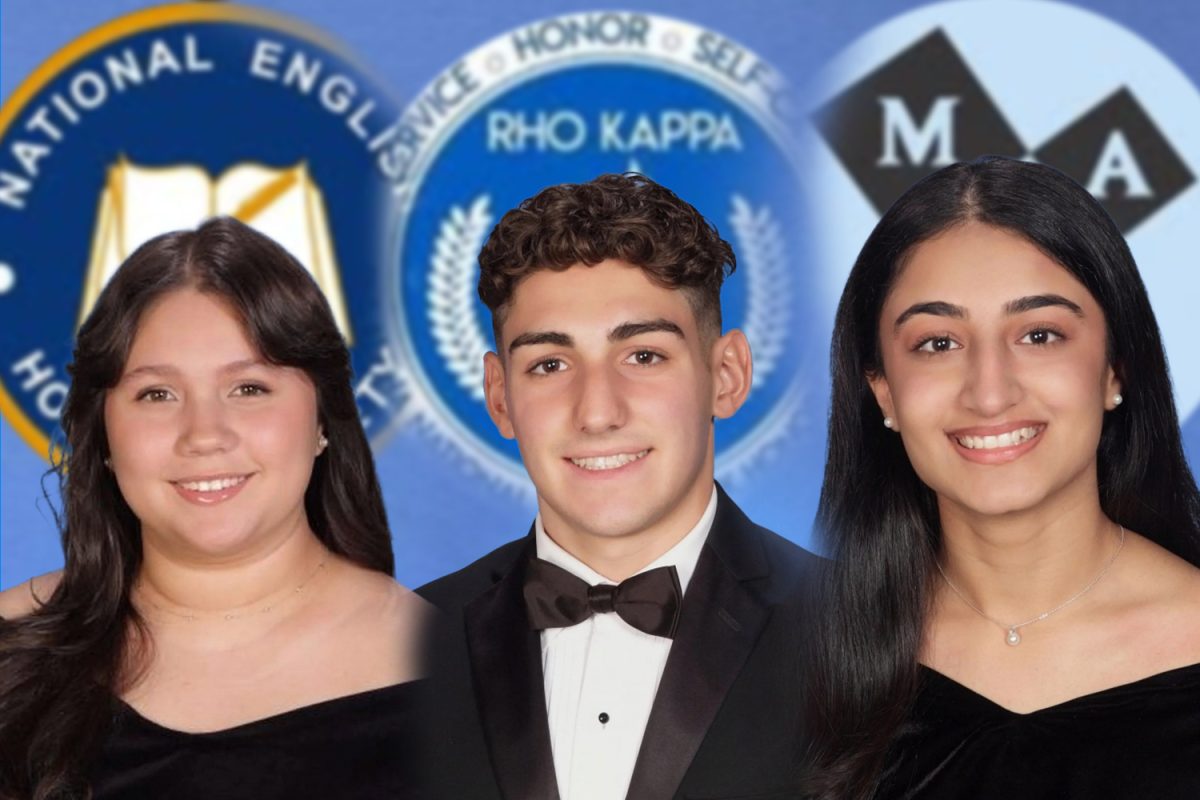“Today, I will be trying Fufu and Egusi soup!”
I remember going onto TikTok during quarantine and seeing many Nigerian dishes like Fufu, Egusi soup, and Jollof rice, trending and being eaten by people around the country. It was Nigeria’s time to shine, I thought, as before, Mexican food was trending for its Birria tacos. As an African, I have always known that Jollof rice was the most popular African dish, but seeing more of these foods being exposed to the public brought a sense of joy because it was something that I never thought would have happened; I never thought that Nigeria would be a country people would want to know more about.
Social media has played a big part in boosting Nigerian/African culture over the years, in addition to giving a platform to many popular African artists like Rema, who is popular for his famous song Calm Down, ft. Selena Gomez; Burna Boy, Davido, and Wizkid. Social media has been able to show the world a peak into a continent that is surrounded by ignorance and misbeliefs.
As for myself, I have always appreciated my Nigerian culture, and my parents have always made sure that I never undermined it. We travel to Nigeria whenever we can, cook cultural dishes at home (my favorite being Eba and Egusi soup), and speak our native language, Yoruba.
But I can’t talk about Nigeria without mentioning what my favorite thing about being Nigerian is: our parties, with traditions like ‘spraying’ money on people, which signifies wishing the person a lot of joy and prosperity in their life; our music, most commonly known as ‘Afrobeats,’ which has become extremely popular lately; and our clothes, like Aso Ebi, which never fails to amaze me.
Despite having always loved my culture, the difficulty of being African has always been a thought in the back of my mind. Growing up in South Florida, where the majority of African Americans (AA) are from the Caribbean or surrounding areas, has led to me not being able to connect with some of my AA friends on a personal level because of our same skin color but yet different heritage and continents. Whether that be talking about our life since we are AA but of different ethnicities, understanding the same cultural references, or ‘identifying’ the same as them.
It was also slightly hard to deal with it at school. With the way that African culture is portrayed, it can be difficult to effectively communicate with people about where I am from. The unfunny joke of “Africa has no water/food and is poor” has never failed to appease me because of how untrue the statement is.
But, it wasn’t until I realized that just because I cannot relate to other AAs—cultural-wise—it does not mean that I can’t talk about my culture. After some time of not speaking about my heritage, I have finally been able to come to peace within myself and talk more about it. It is a big part of me, and I should not be afraid to talk about it. I decided that by writing this story, I hope to allow others and make other Africans know that they should not be “embarrassed” to talk about where they come from.



